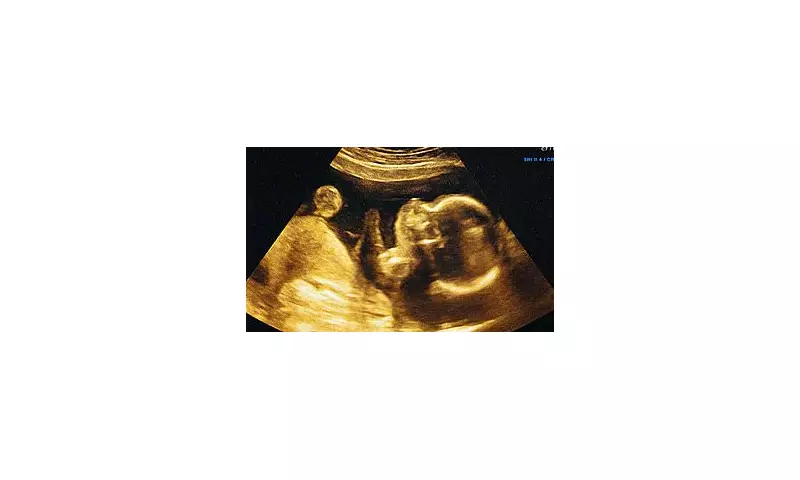
In a revolutionary leap for prenatal care, artificial intelligence (AI) has been trained to analyse ultrasound scans and predict a baby's due date with remarkable precision. This cutting-edge development could transform pregnancy management, offering expectant mothers and healthcare providers more accurate timelines than ever before.
The Science Behind the Breakthrough
Researchers have developed sophisticated algorithms capable of interpreting subtle patterns in ultrasound imagery that human clinicians might miss. By examining multiple parameters including fetal size, organ development and growth rates, the AI system can estimate gestational age with unprecedented accuracy.
Why This Matters for Pregnancy Care
Accurate due date prediction is crucial for monitoring fetal development and identifying potential complications. Current methods, which primarily rely on the mother's last menstrual period and basic ultrasound measurements, can be off by as much as two weeks. This new AI approach promises to:
- Reduce unnecessary inductions and C-sections
- Improve detection of growth abnormalities
- Enhance monitoring of high-risk pregnancies
- Provide more personalised care timelines
Clinical Trials Show Promising Results
Initial studies involving thousands of ultrasound scans demonstrated the AI system's superior performance compared to traditional dating methods. The technology showed particular strength in:
- Cases where menstrual dates were uncertain
- Pregnancies with irregular cycles
- Later-stage scans where dating becomes more challenging
Dr. Sarah Thompson, a leading obstetrician involved in the research, commented: "This represents a paradigm shift in how we approach pregnancy dating. The AI's consistency and precision could significantly improve outcomes for both mothers and babies."
The Future of AI in Obstetrics
While currently focused on due date prediction, researchers believe this technology could eventually assist with:
- Early detection of congenital conditions
- Personalised growth charts
- Risk assessment for pregnancy complications
The NHS is reportedly evaluating the system for potential integration into standard prenatal care protocols across the UK.





